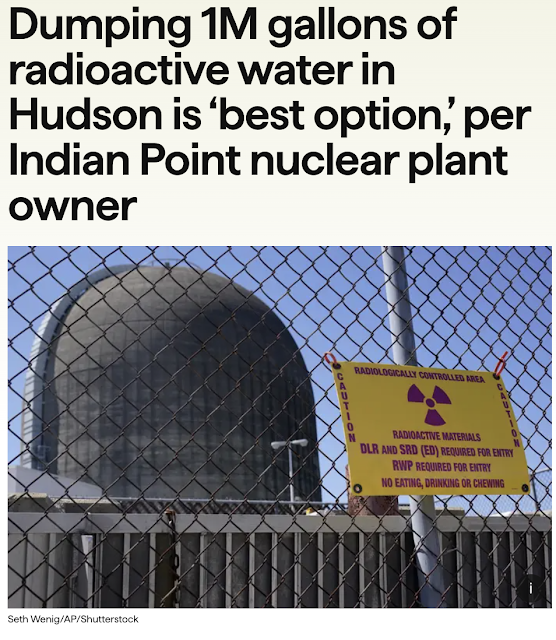The advertising industry I grew up with--the industry my Uncle Sid worked in starting 1945 and my father worked in starting 1952, was an industry that reflected America, at least America's rosier view of itself.
Today, of course, many in advertising claim our job is to shape culture.
I'm more of a believer that we reflect culture and present to our viewers an idealized picture of American life. For instance, America is the fattest nation in human history. But everyone in every soda, beer and Doritos commercial has abs that would make Alain Delon jealous.
As I walk through the world today as an old man in a young world, I feel many times, like an alien from a faraway galaxy. Many of the standards and values--both big and small--that I grew up and which are inculcated in my worldview, have become undone. Little things which in my day were the lubricant of social and commercial intercourse are no longer a part of today.
At the cheese counter of Fairway, one of the biggest cheese counters in New York:
GEORGE: Do you have any cheese from Portugal?
CHEESE MONGER: No.
--
At a newsstand, asking for an issue of America's third-largest newspaper:
GEORGE: Do you have the Wall Street Journal?
NEWS-SELLER: What's that?
--
On the phone with a high-end appliance store as my wife re-does our Connecticut kitchen:
GEORGE: How long will it take to get the 42-inch Sub-Zero?
APPLIANCE PERSON: At least nine months.
--
At the bagel shop virtually every morning:
GEORGE: One everything, one plain, one pumpernickel.
BAGEL PERSON: Corn muffin, poppy, sesame?
GEORGE: No. Everything, plain and pumpernickel.
BAGEL PERSON: Salt, poppy?
GEORGE: No. Everything, plain and pumpernickel.
(Walks home with everything, plain, poppy.)
Those four real instances of "customer service" have happened to me in the last few months. To my eyes, the first depicts a lack of caring and an ignorance of substitute goods. The second, a general ignorance of my generation and the institutions we deemed important. The third, an overall lack of service, and a lack of caring about a customer's needs. The fourth, an utter lack of listening and attentiveness.
I get the feeling from everything I see and hear in the world, how agencies are (under)staffed and how so few accounts now are agency-of-record relationships, that the four examples of interactions I've described above are not dissimilar to interactions between agencies and clients today.
My guess is clients feel like I feel when I go to virtually any store for virtually anything.
I can't get what I want.
The store itself is often sloppy and badly stocked.
I can't find anyone to help me and guide me.
I'm often dissatisfied with what's being offered and the price I'm being made to pay.
The prevailing ethos in modern America is that consumers--that's you and me--demand low prices. We pay for those low prices with a shitty shopping experience, no service and often cruddy products. In the same way we allowed giant companies like General Electric kill our waterways, like the Hudson River, with 'forever chemicals' like PCBs--and not be responsible for clean-up, we're allowing so-called service companies to bilk the system in return for what are allegedly low-prices.
Now that it seems so many advertising accounts are run through procurement and wins are based largely on advantageous pricing, I can't imagine that the collateral effects of low pricing--rotten service--hasn't hitched a ride.
What no one seems to realize is that low prices--no matter where you supposedly get them--have a high cost.
Walmart has a sizable percentage of its workers on public assistance (which you pay for with your taxes.) One of New York's energy companies is decommissioning the giant Indian Point Nuclear Power Plant about 30-miles from Manhattan. For decades they provided lower-cost energy to millions of New Yorkers. Now, however, they want to release millions of gallons of "heavy water" into the beleaguered Hudson River. They claim they can afford no other way to dispose of the waste. We pay for that, too. And will until the veritable end of time.
The point in all this is everything has a cost.
And low prices are one of the most expensive things you can buy.
And, as we used to know in New York, you can pay me now, or pay me later.


No comments:
Post a Comment